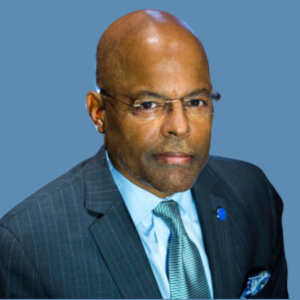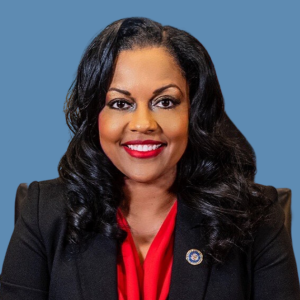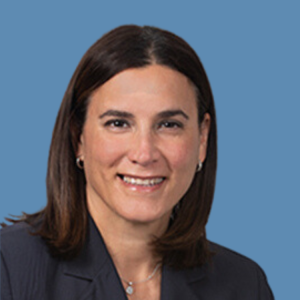According to the DOL’s Bureau of Labor Statistics, the average U.S. unemployment rate, between May 2012-May 2013, was 7.9%; not as high as the May 2009-May 2010 average of 9.7%, but still representative of a significant number of unemployed Americans. Yet, despite these statistics, employers report they are struggling to fill positions…not due to a lack of candidates, but due to a lack of jobseekers with “the right stuff”.
In a recent article, Sustainable Education: How to Train Students for 21st Century Careers of Impact, Roshan Paul, Amani Institute, reports that college graduates are not being equipped to compete in the 21st century workplace. His research indicates a growing disconnect between traditional academics and the skills required to succeed in the workplace: “Employers cannot find graduates with the necessary skill sets to function in the new world economy…both hard and soft skills.”
It appears that graduates of higher-education institutions are not equipped with an effective blend of “KSA”s: Knowledge, yes…certain Skills and Abilities, not so much. The reality is that employers are placing less importance on “technical” analytical skills and more emphasis on soft” practical skills.
Paul’s findings address “graduates of higher-education institutions.” While all KRA operations offer a wide range of Workforce Development services to customers with college…even post-graduate…degrees, they are not the majority of the WIA and TANF jobseekers we serve. So, why include the reference to Paul’s work at all?
One reason: to emphasize a rather obvious “trickle-down” effect. If the “higher” levels of the educational system are not providing “soft skills” instruction, then it stands to reason that the “lower” levels are not providing it either. If college grads are lacking in workforce-appropriate “soft skills”, what does that say about the work-readiness of high-school graduates…or those who did not even finish high school?
KRA addresses this need by infusing “soft skills” development into all its Work-Readiness curricula. One effective, and free, training resource, readily available to all our Work-Readiness Instructors, is Skills to Pay the Bills: Mastering Soft Skills for Workplace Success, developed by DOL’s Office of Disability Employment Policy (ODEP): http://www.dol.gov/odep/topics/youth/softskills/softskills.pdf. Available in English and Spanish, ODEP describes the program as “a curriculum… focused on teaching ‘soft’ workforce readiness skills to youth, including youth with disabilities.”
Although targeted for youth, 14 to 21, Skills to Pay the Bills can be used with adult jobseekers as well, especially those with little or no workplace experience. The modular program, available in PDF, hard-copy, and as a video series, includes Communication, Enthusiasm and Attitude, Teamwork, Networking, and Problem Solving and Critical Thinking. A sixth module, Professionalism, focuses on each of the previous five skills, but in a broader framework, as according to ODEP, “Professionalism is not one skill but the blending and integration of a variety of skills.”
Another reason: Paul’s work contains findings…that KRA has long been aware of…with implications beyond the realm of higher ed. He notes that “Universities…need to supplement traditional education with practical know how to meet the changing demands of employers”, and quotes one employer as stating, “We’re the leading organization in our field globally, and no university has ever asked us what we’re looking for.”
KRA has been meeting “the changing demands of employers” and asking what they’re “looking for” since day 1 of our workforce operations. Business Services Representatives and Job Development Specialists collaborate daily with local employers to determine their workforce needs and to “match” those needs with jobseekers’ KSAs meeting both “technical” and “soft” job requirements.
Obviously, KRA is making more significant strides in providing “soft skills” development to its customers than the educational system is providing to its graduates. Our mission, “to prepare jobseekers for tomorrow’s global economy and supply employers with a trained and reliable workforce”, is mirrored by Paul’s own conclusion that, “If we need to prepare future generations to thrive in a rapidly-evolving 21st century, then the way we prepare them…has itself got to move into this century’s way of working.”

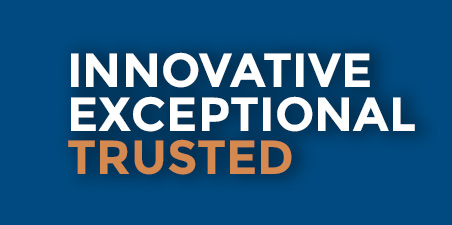
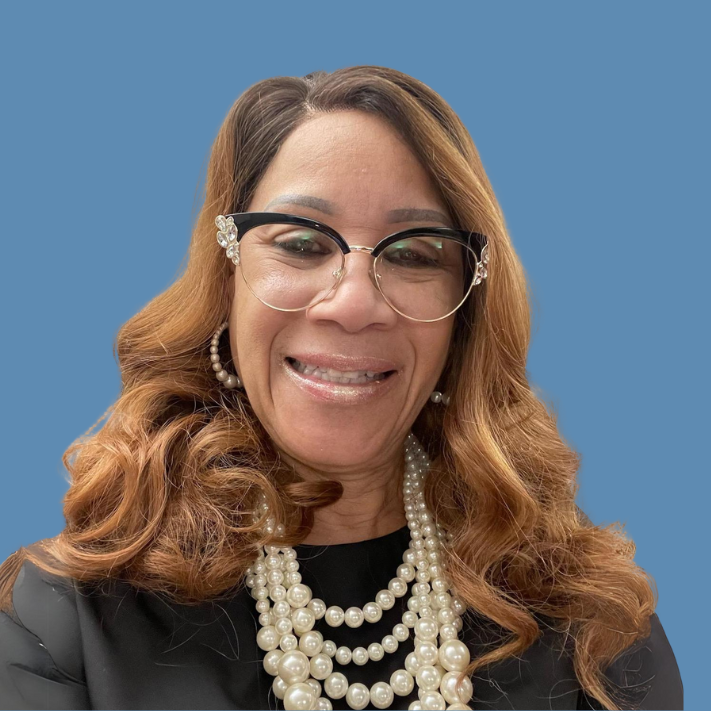 Dr. Boone’s 20+ years’ experience in the industry is extensive and her expertise in private-, public-, and non-profit sector workforce-services organizations is unparalleled, particularly in the Baltimore–Washington Metropolitan area.
Dr. Boone’s 20+ years’ experience in the industry is extensive and her expertise in private-, public-, and non-profit sector workforce-services organizations is unparalleled, particularly in the Baltimore–Washington Metropolitan area.




